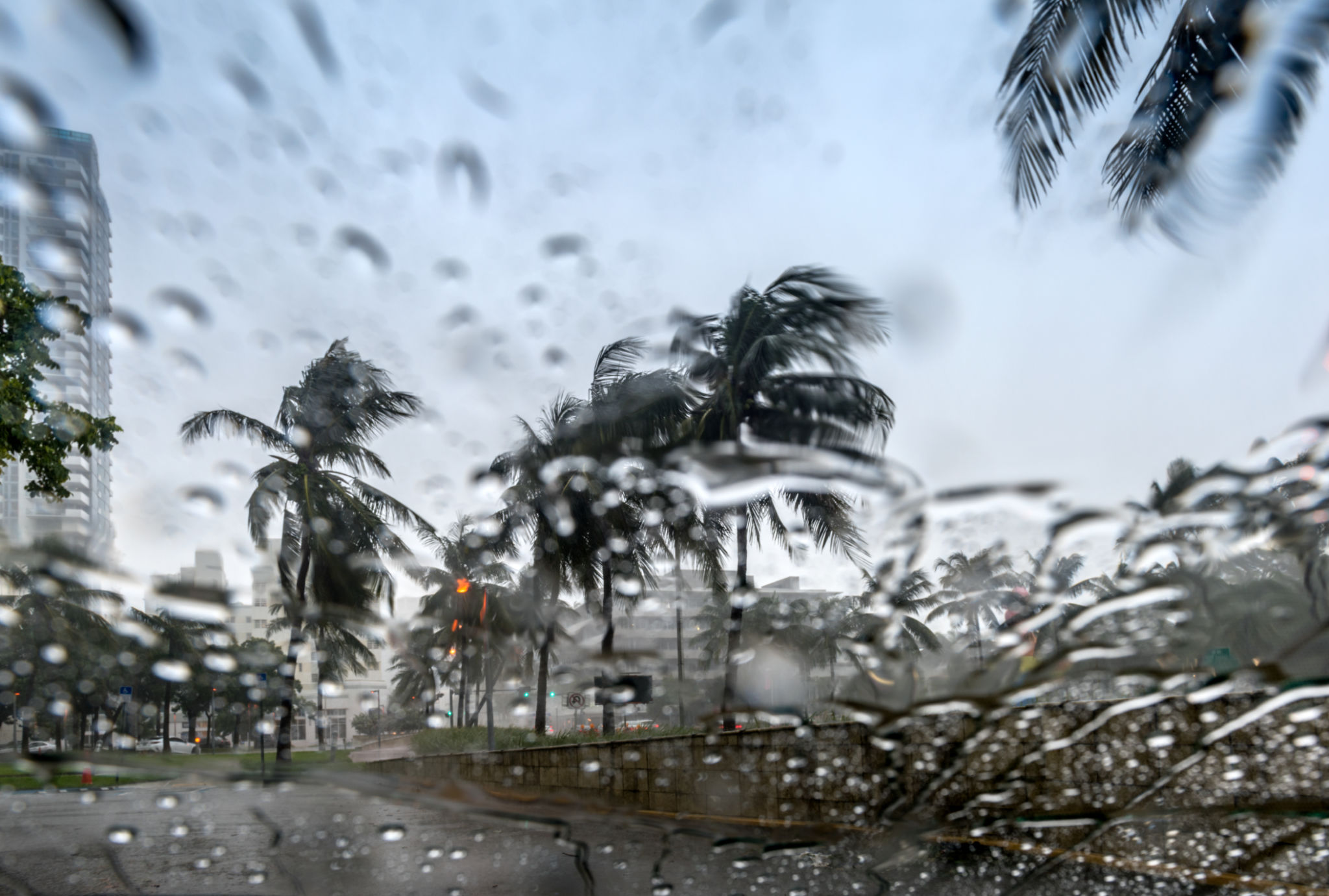Preparing for Hurricane Season: Essential Tips for Miami Property Investors
Understanding the Risks: Why Miami Property Investors Should Prepare
Miami, with its stunning coastline and vibrant culture, is a prime location for property investment. However, the city is also vulnerable to hurricanes, making it essential for property investors to be well-prepared. Hurricanes can cause significant damage, leading to costly repairs and a potential decrease in property value. By taking proactive steps, investors can protect their assets and ensure resilience against these natural disasters.

Conducting a Comprehensive Risk Assessment
Before hurricane season begins, it's crucial to conduct a thorough risk assessment of your properties. This involves evaluating the structural integrity of buildings, checking for potential vulnerabilities, and ensuring compliance with local building codes designed to withstand hurricanes. By identifying weak points early, you can make necessary improvements or reinforcements to minimize damage.
Consider hiring a professional inspector to provide an expert evaluation of your properties. They can offer insights into areas that may require strengthening, such as windows, doors, and roofing. Addressing these issues promptly can save you from extensive damage later.
Investing in Preventive Measures
Once you've identified potential risks, invest in preventive measures to safeguard your properties. Start by installing hurricane shutters or impact-resistant windows and doors to protect against high winds and flying debris. Reinforcing your roof with hurricane straps or clips can also add an extra layer of security.

Additionally, ensure that all trees and vegetation around your properties are well-maintained. Trim branches and remove any dead or weak trees that could pose a threat during a storm. Keeping your surroundings clear reduces the risk of falling debris causing damage.
Secure Adequate Insurance Coverage
Insurance is a critical component of hurricane preparedness. Review your current policies to ensure they provide adequate coverage for hurricane-related damages. Consider purchasing additional coverage if necessary, such as flood insurance, which is often not included in standard policies.
It's also important to document the condition of your properties before the hurricane season begins. Take photographs and keep records of any improvements made. This documentation will be invaluable when filing claims should damage occur.

Developing a Comprehensive Emergency Plan
Having a well-thought-out emergency plan is vital for minimizing chaos and ensuring safety during a hurricane. Your plan should include evacuation routes, contact information for emergency services, and a communication strategy for reaching tenants or property managers.
Equip each property with emergency supplies such as flashlights, batteries, first aid kits, and non-perishable food items. Provide tenants with detailed instructions on what to do before, during, and after a hurricane. Clear communication can make all the difference in keeping everyone safe.
Post-Hurricane Recovery and Assessment
After the storm has passed, conduct a thorough assessment of your properties to identify any damage. Prioritize urgent repairs to prevent further deterioration and address any safety hazards immediately. Keep in mind that professional assistance may be required for significant repairs.
Reflect on the effectiveness of your preparedness efforts and make adjustments as needed for future hurricane seasons. Continuous learning and improvement are key to maintaining resilient properties in hurricane-prone areas like Miami.

By taking these essential steps, Miami property investors can better protect their investments from the destructive forces of hurricanes. Preparedness not only safeguards your financial assets but also contributes to the safety and well-being of tenants and the community as a whole.